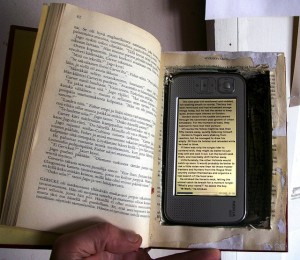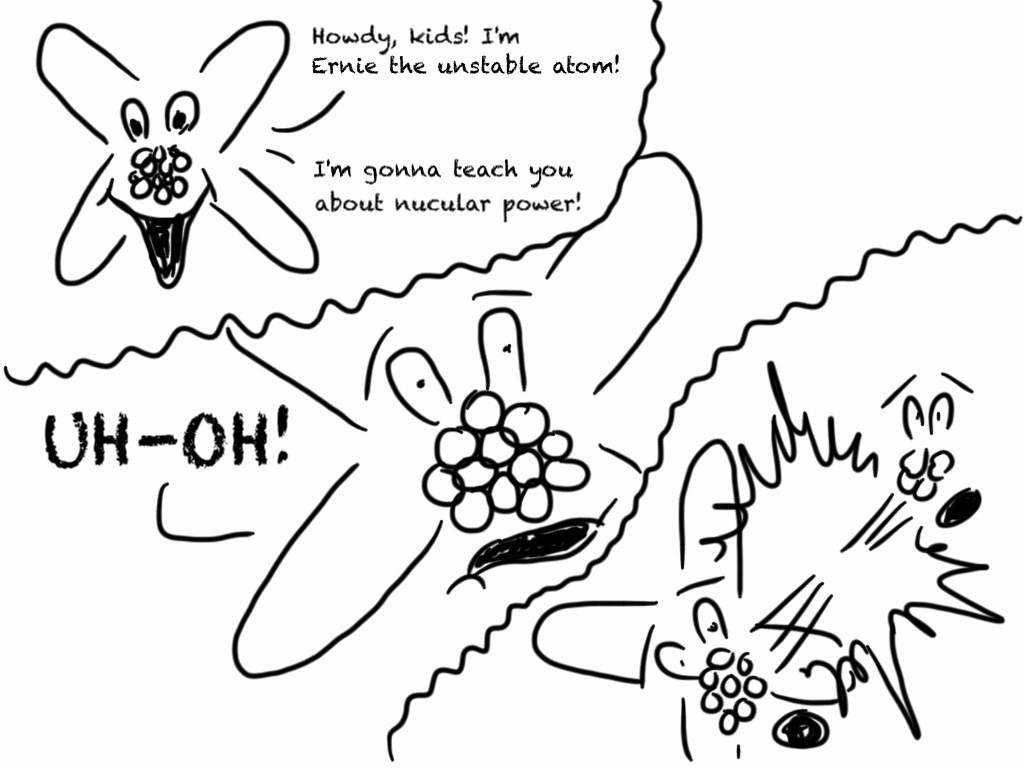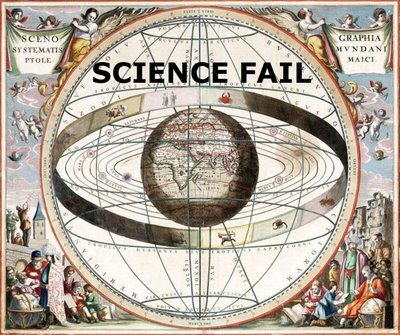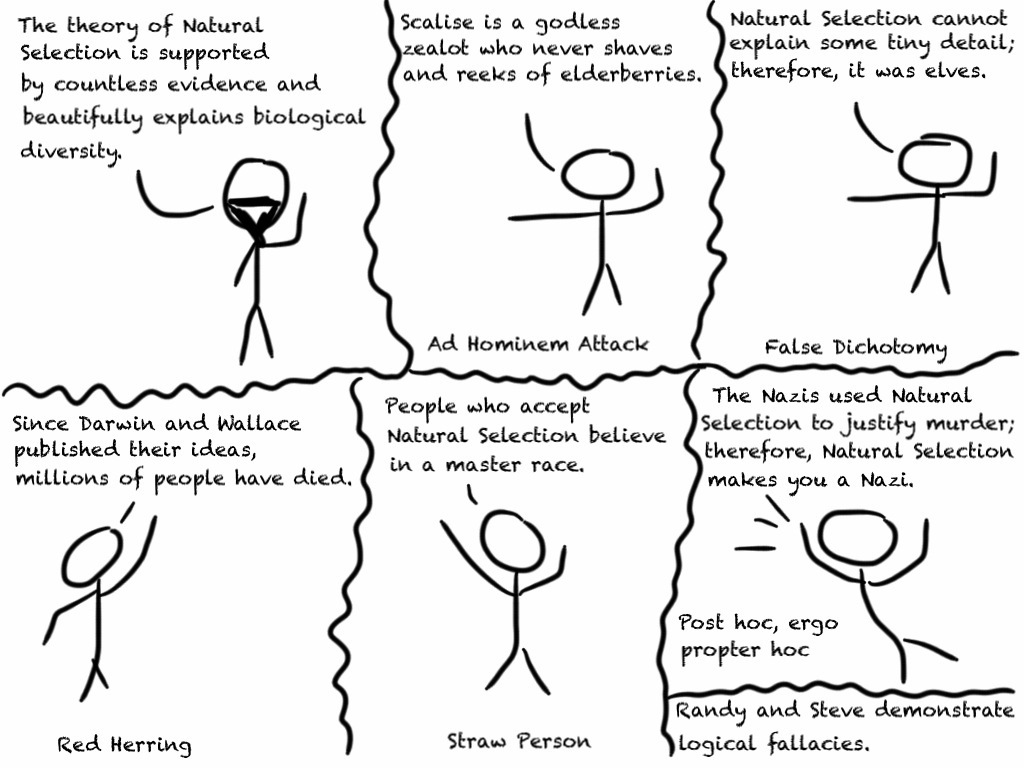
The closure of all Borders Bookstores and the liquidation of their inventory has gotten people talking about how electronic books are beginning to erode brick and mortar stores. In my own life, I have embraced a mix of electronic and paper books. I still purchase paper books and I use my Kindle to get books (especially ones I spot while online). I keep an archive of electronic books in Calibre, an open-source library manager. I frequently get post-copyright books from Google Books, such as poetry and great works of fiction.
Can electronic books and brick-and-mortar stores gets along? I would hope so; I enjoy the value-added experience of coffee, wine, food, and books you get at a real bookstore. I also enjoy carrying 30 books in a device just a little thicker than a comic book. We need all of these in order to promote innovation and competition, in order to foster new ideas for how, in the future, we can create, distribute, and consume literature and other media. If the only thing left in our media ecosystem is electronic books, we risk losing that aspect of permanence about our written word. I don’t expect to hand down a Kindle to a child in my family; I expect to hand them musty smelling books, knowing that they can have a perfect electronic copy of that on whatever device they have in the future.
I would like to see an electronic-brick partnership, something that benefits both companies like Amazon and independent booksellers. It’s not enough that a store like Barnes and Noble creates their own locked e-book ecosystem. I want to see a universal approachability to electronic books that comes both from access to the net and access to your local bookseller. I would like to see something equivalent to a credit card reader, sold to any bookseller who wants to make money from paper or electronic books. If a person wants a book in electronic format that they browse in a bookstore, they swipe their credit card through the machine. The store gets a percent of the sale, the e-retailer gets the rest, and the customer gets a unique purchase number that allows them to download the book to any device of their choosing.
Without some universal handshake between bricks and electrons, the only victim will be the consumer, with less choice and less freedom to get their media.
[1] Photo by Tomonoko. http://www.flickr.com/photos/timonoko/




